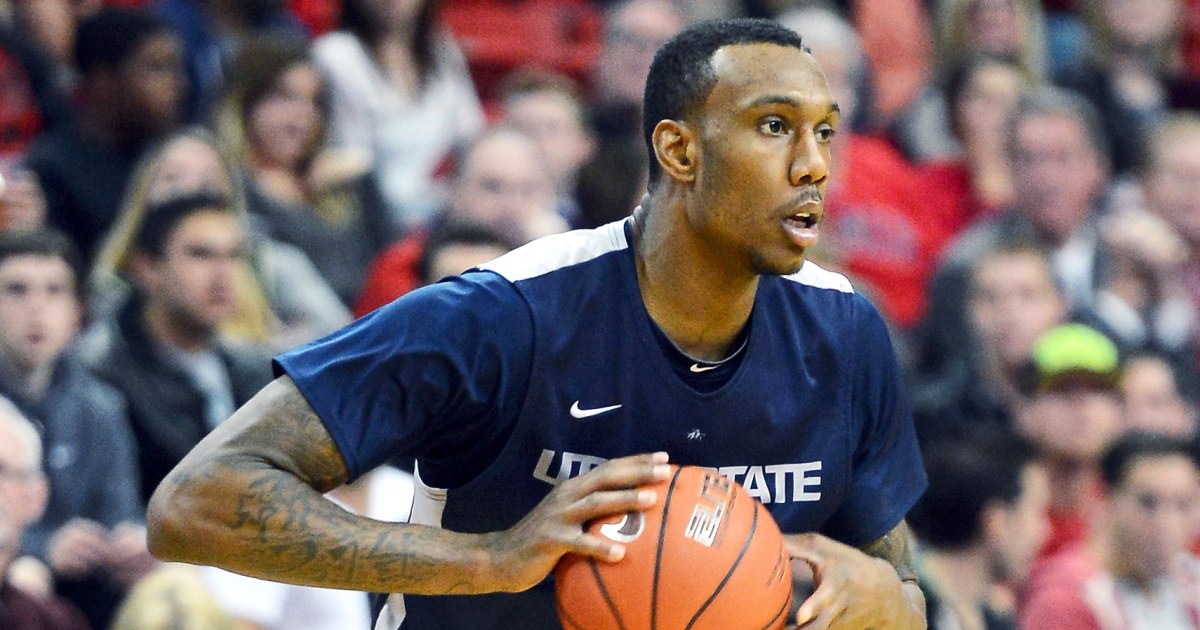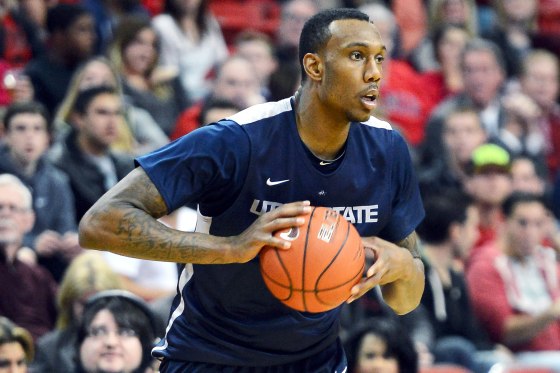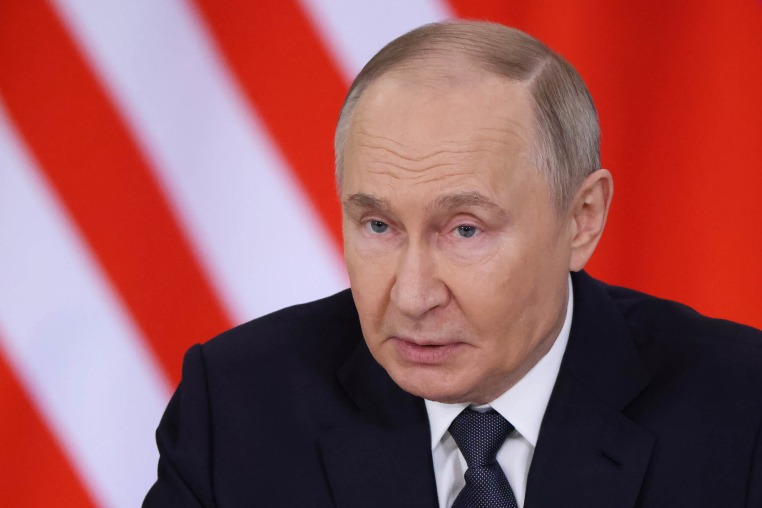A slam dunk in the NBA’s fast-paced world might seem light years away from the courtroom drama unfolding in Indonesia. But for one American basketball player, the stakes have just gotten dangerously real. Accused of drug smuggling, he now faces the unthinkable: the death penalty. This isn’t just a sports story, it’s a human one, highlighting the harsh realities of international justice and the perilous consequences of choices made far from home.
Under the Shadow of the Firing Squad
Shaw’s Arrest and Allegations

Jarred Dwayne Shaw, a 34-year-old American basketball player from Dallas, Texas, was arrested on May 7th in Tangerang regency, Indonesia, following a tip from customs officials at Soekarno-Hatta Airport. According to Ronald Sipayung, the Soekarno-Hatta Airport police chief, Shaw was apprehended after authorities raided his apartment and discovered 132 pieces of cannabis candy. Sipayung stated that the arrest stemmed from a suspicious airway package received by Shaw from Thailand, a country where cannabis was decriminalized in 2022. Social media footage purportedly captured the moment of Shaw’s arrest, showing him resisting officers and shouting “Help … help!” as he was apprehended.

The Severity of Indonesia’s Drug Laws
Indonesia maintains some of the world’s most stringent drug laws, with severe penalties, including the death penalty, for convicted drug smugglers. Under Indonesia’s anti-drug laws, Shaw faces a maximum sentence of life imprisonment or the death penalty if found guilty of the alleged offenses. The weight of the cannabis candy, totaling 869 grams (30.6 ounces) of illegal cannabinoids, further amplifies the potential severity of the charges against him.

Shaw’s Defense and Potential Legal Recourse
During interrogation, Shaw reportedly told authorities that his intention was to share the cannabis candy with his fellow basketball players. However, this explanation is unlikely to mitigate the legal ramifications under Indonesia’s strict drug laws. Shaw’s legal team will likely explore various strategies to defend him, potentially focusing on mitigating circumstances, challenging the legality of the search and seizure, or arguing for a lesser charge. Given the gravity of the allegations and the potential for the death penalty, Shaw’s case is likely to proceed through the Indonesian legal system with significant public attention and scrutiny.
Basketball in the Crosshairs
Impact on the Indonesian Basketball League
Shaw’s arrest has sent shockwaves through the Indonesian Basketball League (IBL). The Tangerang Hawks, Shaw’s team, immediately terminated his contract, citing a breach of agreement. The IBL imposed a lifetime ban on Shaw from participating in any league activities, emphasizing its zero-tolerance policy towards drugs. “We don’t tolerate players, administrators or anyone in the field involved in drugs. There is no room for drug users in the basketball world,” stated Budisatrio Djiwandono, the IBL chair. This stance underscores the league’s commitment to maintaining a clean and ethical environment for its players and fans.
Global Implications for International Athletes
Shaw’s case highlights the potential risks international athletes face when competing abroad. Players must be aware of and fully understand the drug laws of the countries where they are playing. Even unintentional possession of prohibited substances can lead to severe consequences, including imprisonment or even the death penalty in some nations. Athletes, their agents, and governing bodies should prioritize education and awareness programs to ensure athletes are adequately informed about the legal ramifications of their actions while competing internationally.
Indonesia’s Fight Against Drug Trafficking
Indonesia has long been a major drug-smuggling hub, facing a relentless battle against transnational drug trafficking networks. The government’s strict drug laws, including the death penalty, are a central element of its anti-drug strategy. However, despite these stringent measures, drug trafficking continues to pose a significant challenge to Indonesia’s security and well-being. According to the United Nations Office on Drugs and Crime, approximately 530 people are on death row in Indonesia, with the majority of these cases related to drug offenses. This underscores the gravity of the drug problem in the country and the government’s unwavering commitment to combating it.
Impact on the Indonesian Basketball League
Swift Condemnation and Reprimands
The arrest of Jarred Dwayne Shaw sent shockwaves through the Indonesian Basketball League (IBL), prompting swift and decisive action. The league publicly condemned Shaw’s alleged actions, emphasizing their zero-tolerance policy towards drug-related offenses. This condemnation reflects a commitment to maintaining the integrity and reputation of the league, aligning with global sports organizations’ stance against drug use.
Life Ban and Repercussions for the League’s Image
The IBL’s decision to impose a lifetime ban on Shaw from playing in the league underscores the seriousness with which they view this case. This stringent measure aims to deter future instances of drug-related misconduct and protect the league’s image. However, the incident raises questions about the potential long-term repercussions for the IBL’s credibility and its ability to attract international talent.
Risk of Negative Publicity and Fan Trust
The global attention surrounding Shaw’s arrest could negatively impact the IBL’s reputation, potentially deterring sponsors and fans. Maintaining public trust and ensuring a safe and ethical environment for players and spectators are paramount for the league’s sustainability. The IBL will need to actively address these concerns and demonstrate its commitment to upholding ethical standards in order to mitigate the potential damage to its image.
Shaw’s Team and Management Response
Immediate Dismissal and Effort to Distance Themselves
The Tangerang Hawks, Shaw’s team, reacted swiftly to the news of his arrest, publicly expressing regret for his actions and immediately terminating his contract. This decisive action demonstrates the team’s commitment to upholding ethical standards and distancing themselves from the controversy. The Hawks’ statement emphasizes that they will cooperate fully with authorities and support any investigations.
Protecting the Team’s Image and Reputation
The Tangerang Hawks’ swift response reflects their understanding of the potential damage this incident could inflict on the team’s reputation. By taking immediate action and distancing themselves from Shaw, they aim to minimize the negative impact on their brand and maintain the trust of their fans and sponsors.
Potential Legal and Financial Implications
The arrest and dismissal of Shaw could have legal and financial ramifications for the Tangerang Hawks. The team may be liable for any damages or losses incurred as a result of Shaw’s actions. Additionally, the controversy could lead to a decline in ticket sales and sponsorships, impacting the team’s financial stability.
Broader Implications for International Athletes
Heightened Risks and Challenges in Countries with Strict Drug Laws
The case of Jarred Dwayne Shaw highlights the heightened risks and challenges faced by international athletes competing in countries with strict drug laws. Athletes may be unaware of the local laws and customs, leading to unintentional violations. The severity of penalties, including the death penalty in some cases, underscores the need for increased awareness and support for athletes navigating these complex legal landscapes.
Importance of Comprehensive Education and Support
International sports organizations and athlete representatives should prioritize comprehensive education and support for athletes competing abroad. This includes providing detailed information on local drug laws, potential risks, and available resources. Athletes should also be encouraged to seek legal counsel and support from their national federations or organizations like the World Anti-Doping Agency (WADA).
Case for Advocacy and Policy Reform
The case of Shaw raises concerns about the potential for human rights violations and the disproportionate impact of harsh drug laws on foreign nationals. There is a need for advocacy and policy reform to ensure that athletes are treated fairly and that their rights are protected. International organizations should work collaboratively to promote humane and effective drug policies that prioritize rehabilitation and address the root causes of drug trafficking.
Indonesia’s War on Drugs: A Complex and Controversial Landscape
Role of International Drug Trafficking
Indonesia’s position as a major transit point for illegal narcotics makes it a key battleground in the global fight against drug trafficking. The country’s strategic location between major drug producing countries in Southeast Asia and consumer markets in Asia and beyond makes it a lucrative target for international syndicates. The high demand for drugs in Indonesia and the prevalence of poverty and inequality contribute to the problem.
Effectiveness of Indonesia’s Anti-Drug Policies
While Indonesia has implemented stringent anti-drug policies, their effectiveness remains a subject of debate. The country’s harsh penalties, including the death penalty, have been criticized by human rights groups and international organizations. Critics argue that these policies fail to address the underlying social and economic factors contributing to drug use and trafficking. Proponents argue that the strict laws act as a deterrent and are necessary to combat the serious threat posed by drug trafficking.
Human Rights Concerns and International Scrutiny
Indonesia’s anti-drug policies have drawn international scrutiny and criticism for their alleged human rights violations. The use of the death penalty for drug offenses has been condemned by numerous countries and human rights organizations. Concerns have also been raised about the treatment of detainees and the lack of due process in drug-related cases. These concerns highlight the need for Indonesia to balance its efforts to combat drug trafficking with the protection of human rights.
Conclusion
As we conclude our examination of the NBC News report on an American basketball player in Indonesia facing possible death penalty over alleged drug smuggling, it’s clear that this case has far-reaching implications for international relations, judicial systems, and individual freedoms. The key points revolve around the player’s alleged involvement in a large-scale narcotics operation, which, if proven, could result in a severe punishment under Indonesia’s strict anti-drug laws. This situation highlights the complexities of transnational crime, the intricacies of foreign justice systems, and the potential consequences of being caught up in a global issue.
The significance of this case cannot be overstated, as it not only affects the individual involved but also raises questions about the fairness and transparency of Indonesia’s judicial system. It also underscores the importance of diplomacy and cooperation between nations in combating transnational crime. As we consider the future implications of this case, it’s essential to recognize that it may set a precedent for similar cases involving international athletes and the potential consequences of engaging in illicit activities while abroad. As the situation unfolds, it will be crucial to monitor the developments and the international community’s response to this complex issue.
The fate of the American basketball player serves as a stark reminder of the harsh realities of international crime and the consequences of crossing the line. It is a sobering reminder that, in the eyes of the law, individuals are not exempt from accountability, regardless of their nationality, status, or occupation. As we close this chapter, we are left with a haunting question: what does this case say about the values we hold dear and the price we are willing to pay for our actions? The answer, much like the verdict in this case, remains uncertain, leaving us to ponder the weight of justice and the delicate balance between freedom and accountability.
